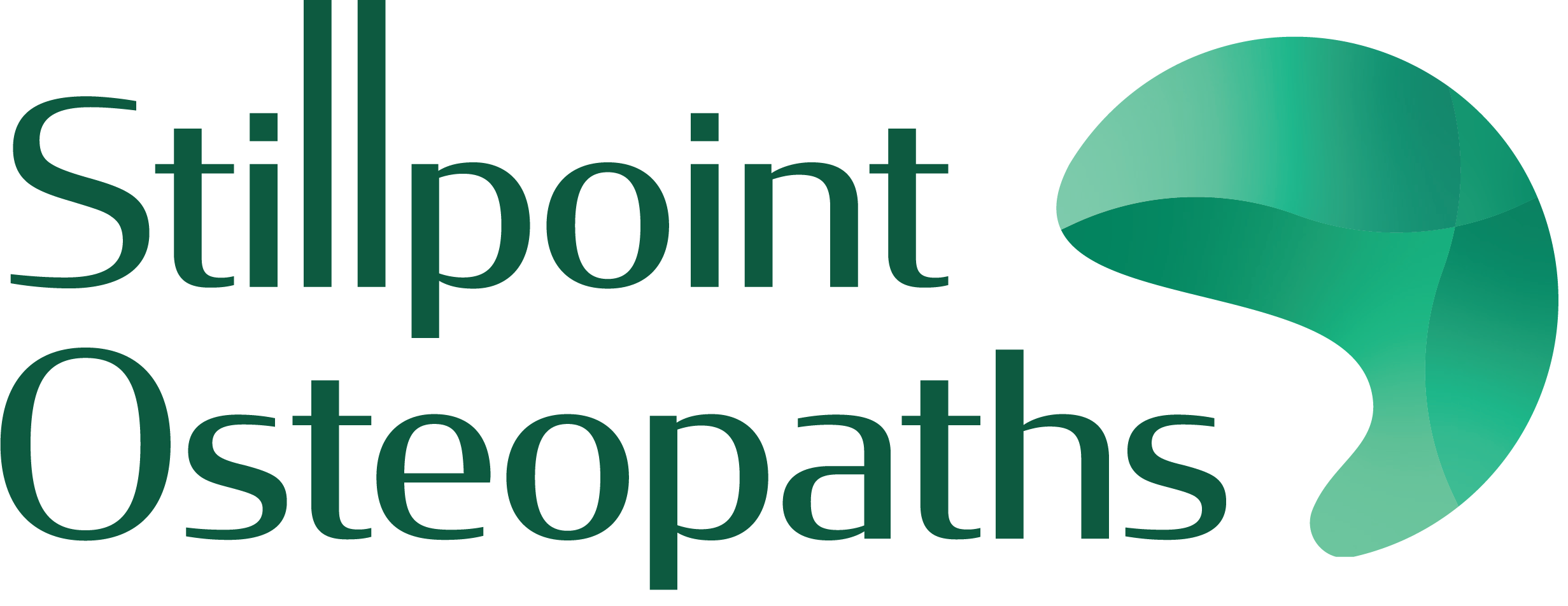Statistics suggest that one third of New Zealanders do not get enough sleep. There are numerous factors that might influence sleep, whether it is having
Your body in a Car Accident
What happens to your body during a car accident is completely dependent on the dynamics of the accident. The speeds, directions, types of vehicles involved, truck, motor bike where you were positioned and where you and your car ended up. Too many variations for me to describe them all.
Your body is thrown and moved because of these dynamics.
You may impact the inside of your car, the side windows, the dashboard, the steering wheel. Your knees can impact the front of the car, seats can collapse backward, seatbelts can lock tight across our chest and lower pelvis, air bags can inflate imparting a force to your body too.
This piece is not about the severe cases where there are potential life-threatening consequences where emergency medicine comes into its own. I am going to discuss the realm of cases that range from no obvious consequences, to those with ongoing chronic pain since their car accident.
My first recommendation is if an ambulance wasn’t required to attend your car accident and you were not checked and cleared, book a consultation with your GP or if you’re really concerned, go to your local white cross or accident and emergency centre. It’s great to have an examination and make sure something hasn’t been missed.
If everything has been cleared, then it would be recommended that you have yourself checked by an osteopath who can assess how your body has responded and repaired after the collision. It is not uncommon for patients to complain of ongoing neck, mid back, and lower back pain. Others have ongoing pain from fracture sites or concussions symptoms that have not resolved fully. The list goes on.
Your osteopath can gently assess your current situation regardless of whether the accident was today or 20 years ago. Our osteopathic assessments are unique as they look at the body as a whole and how the pattern of trauma is expressing itself throughout your body and not just in a single location. Our palpatory and examination skills can provide you with information on how to improve your function and provide you with a management plan to achieve your best results.
recent blog articles
Do you struggle to fall asleep? Do you struggle to stay asleep or get good quality of sleep? Sleep is so incredibly important to health.
What can you do to help your jaw pain
Get an experienced osteopaths to assess your concerns. Work on improving your posture. Actively work to reduce your stress using breathing exercises, meditation, exercise. This
What is Pulsed Electromagnetic Field Therapy
PEMF is a non-invasive, calming, low frequency magnetic field which aids in energy creation, cell repair, improved cognitive functions, and enhances the body’s natural capacity
How Can Our Team Health Professionals Help You?
Our osteopaths: Can assess the jaw and all the areas of your body that might be contributing to the root cause of your pain. They
Causes of Temporomandibular Joint Disorder (TMD)
Stillpoint Osteopaths take a thorough history and perform an examination to fully understand what factors could be potentially causing your jaw pain such as: Injuries
